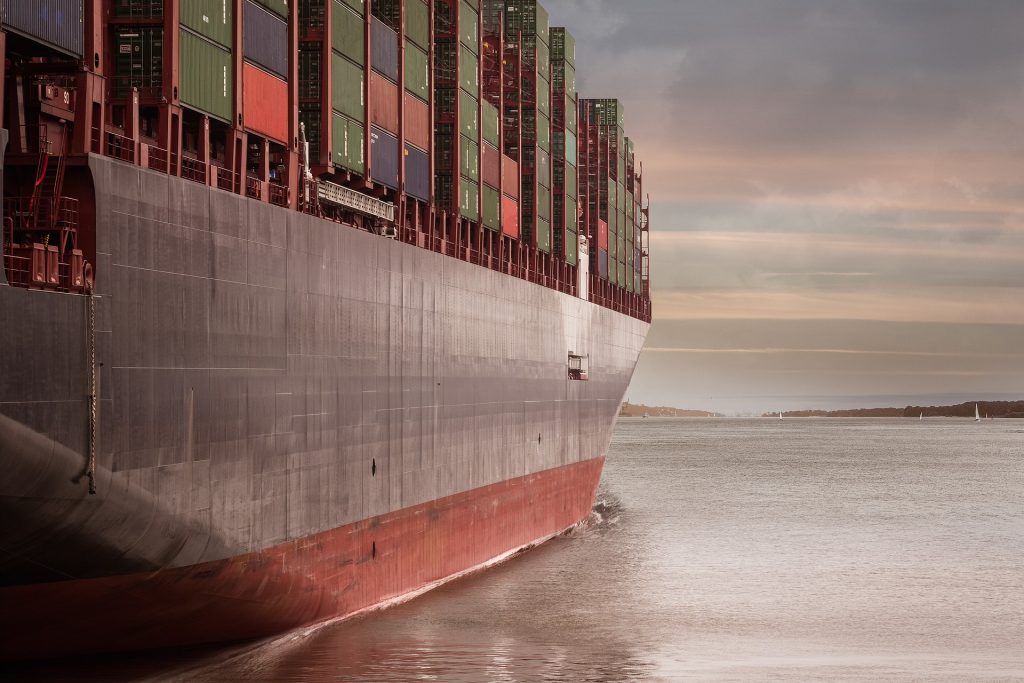Freight forwarding Malaysia is a service that facilitates the transport of goods from one place to another. It involves coordinating and moving goods from their point of origin to their destination, providing valuable services such as tracking, documentation preparation, customs clearance, and cargo insurance. This guide will provide an overview of the different types of freight forwarding services available and explore the advantages and disadvantages for businesses and individuals who need to get their goods delivered safely. With this knowledge in hand, you’ll be able to make informed decisions about which freight forwarder best suits your needs.
What is Freight Forwarding and How Does it Work?
Freight forwarding is a service that facilitates the transportation of goods from one place to another. It involves the coordination and movement of goods from their point of origin to their destination, providing valuable services such as tracking, documentation preparation, customs clearance, and cargo insurance. The freight forwarder will typically collaborate with carriers (airlines, shippers, truckers, etc.) to ensure your goods are delivered safely and efficiently.
The freight forwarder is responsible for negotiating bargain rates with the carriers, ensuring that all documents meet government regulations, tracking shipments, and providing other services as requested by their customers. By outsourcing logistics and transportation management services to a freight forwarder, companies can save time and money.
Types of Freight Forwarding Services
Freight forwarding services are tailored to meet the individual needs of shippers. Depending on their size and specific requirements, companies can choose from a variety of different freight forwarding services:
• International Air Freight Forwarding – This type of service is most suitable for urgent shipments that need to be delivered quickly. The freight forwarder will coordinate with airlines and other service providers to ensure shipments are transported safely and efficiently.
• International Sea Freight Forwarding – This type of freight forwarding is ideal for large, bulky orders that don’t need to be delivered as quickly as air freight. The freight forwarder will coordinate with ocean carriers to organize the shipment and transport of goods.

• Domestic Freight Forwarding – This type of freight forwarding is suitable for companies that need to transport goods within a single country. The freight forwarder will coordinate the shipment and track it until delivery.
• Cross-Border Trucking – In this case, the freight forwarder will organize and manage the transportation of goods from one country to another via truck.
• Customs Brokerage – This type of freight forwarding involves the preparation and filing of documents with customs authorities to ensure goods can move freely across borders. The freight forwarder will also provide import/export consulting services, ensuring that all paperwork is in order.
Final Thoughts on Choosing a Reliable and Affordable Shipping Solution
When selecting a freight forwarding service, it’s important to consider the company’s reputation and track record. Look for companies that have experience in the industry and are familiar with customs regulations in different countries. Additionally, make sure you research pricing options to find the most affordable solution for your needs. Finally, select a provider that offers exceptional customer service and is willing to go the extra mile to ensure your goods are delivered on time and in good condition. With these tips in mind, you’ll be able to find a reliable and cost-effective freight forwarding solution for your business.

